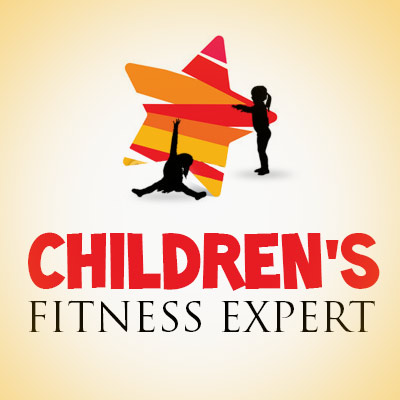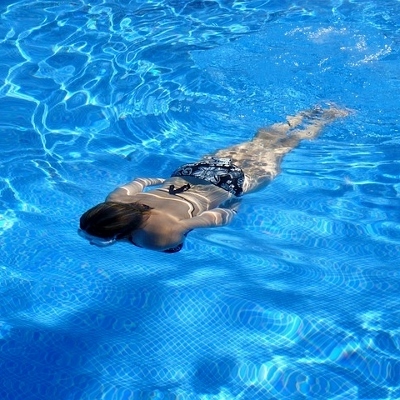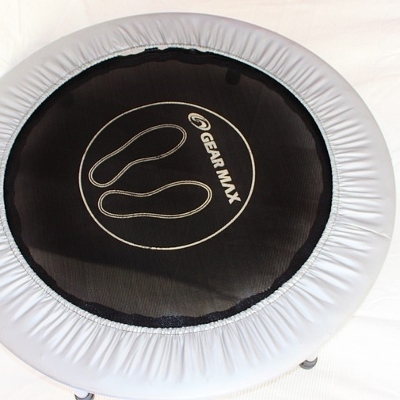 Last month we left off with your child getting through the early years of sports and activities. Growing older, the child has been working hard at developing skills and understanding the game, not just the rules of the game. Last month’s child was a boy between the ages of 6-9; for this month, to help point out that the issues are not gender specific, I have designated the child a girl between the ages of 10-14 in her middle school years.
Last month we left off with your child getting through the early years of sports and activities. Growing older, the child has been working hard at developing skills and understanding the game, not just the rules of the game. Last month’s child was a boy between the ages of 6-9; for this month, to help point out that the issues are not gender specific, I have designated the child a girl between the ages of 10-14 in her middle school years.
By now your child has been participating in a variety of sports and getting lessons in a few more, with every season, a new one to play. At this age, children are trying to distinguish themselves from their peers. They choose activities, clothing, music and other methods to make themselves noticeable. Over time, she develops a passion for one of these activities or sports to which she will dedicate most of her extra time. Typically, as she progresses through her middle school years, she tries to perfect her skills and gamesmanship. She works at building her reputation as a good player- first within her team and then within her league. When she was younger, her parents instilled in her the need to be at practice and the game on time, to pay attention to and respect the coach, referees and the other players, and to complete the season even if she no longer wants to play. Often this happens with some of the other sports or activities she engages in that are not her primary passion. This is the time when most children will at least start puberty, which can be anywhere between 8-16 years of age. With this, her muscles are getting larger and stronger. Her hormones are causing her to be more aggressive and competitive. Often children this age are involved with their sport of choice for more hours per week than a professional athlete. The professional, having trainers, nutritionists and others specially trained to maximize the athlete’s performance. Unfortunately, a child this age gives her all when playing and when she gets injured, without the appropriate training that professional athletes will have, and because she is at the beginning of her sports career, she will often ignore minor injuries to continue to play and be noticed. By doing so, these minor injuries can become major injuries. Or these minor injuries can cause a change in technique leading to another injury perhaps of a different body part. The body needs rest so as to heal and this means between games and training as well as between seasons.
Over the years younger children are coming into the office with overuse injuries due to poor training, increased duration of the sports season, not enough time to recover, as well as a lack of various other activities. At this age a child should not specialize in a single sport. She should continue to play several different sports that will utilize different muscle groups. This will help decrease strain, but most importantly she should be allowed time between seasons and training. Coaches should be properly trained to make sure that they recognize when an athlete is injured and not allow her to go back into the game unless it is safe in the long term to do so. Furthermore, it is important for the coach to emphasize that proper technique is of ultimate importance. This will decrease injuries both minor and serious, penalties during game play, and create a situation where she will develop skills faster and better.
As stated last month, please make sure she is well hydrated prior to, during and after practice, and during the game. Make sure she has a good quality protein rich snack afterwards. On the ride home, especially when carpooling, as a parent do not say much. Just listen and you will hear more about how she is doing than if you asked her directly. Children, when in the car, forget that the parent is driving and will talk freely about everything with their friends giving the parent a window into her world.
Good Luck and enjoy the outdoors.
DR. TOM





